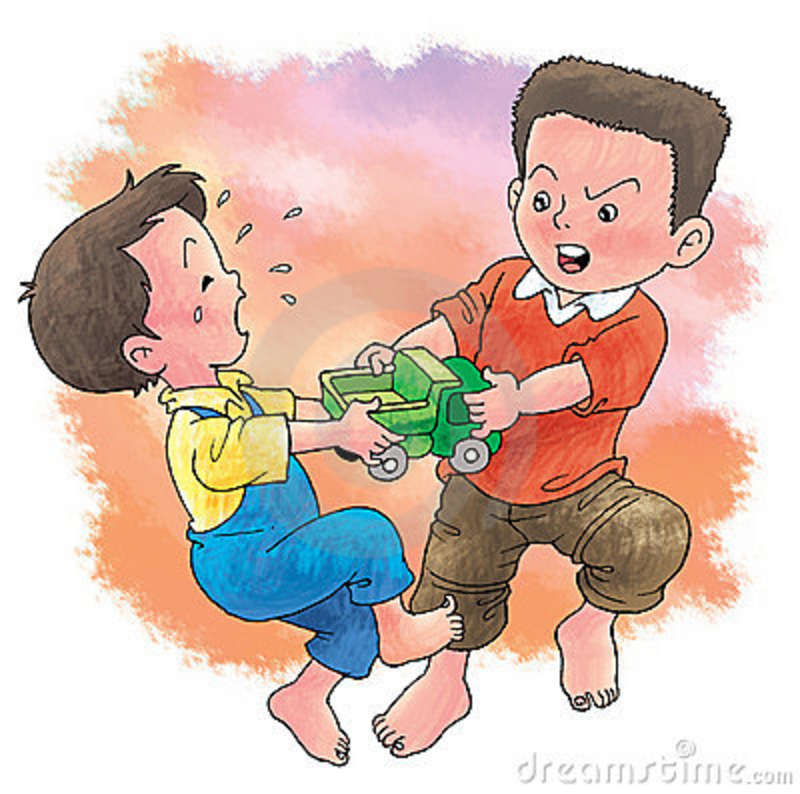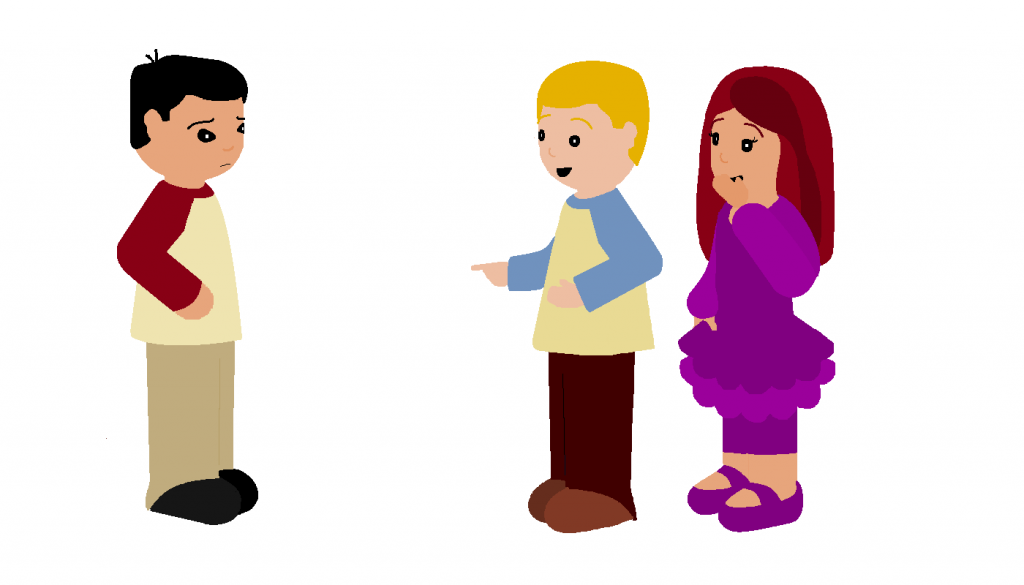Lesson 2 – Parents Helping Children Make Friends
Every parent would love to see their 5 year old having a great time playing and enjoying himself or herself with other children. Unfortunately, not all kids will have the joy of sharing a toy or stacking blocks or engaging in make-believe activities with other children. Some children will have a tough time fitting in and making friends.

While parents cannot make friends for their children, they can help them develop social skills that can help them make friends. If they see their child struggling to make friends, being rejected or ignored by other kids, they can and should do something about it. The following are several steps parents can take to help their children struggling to make friends:
Do Not Avoid the Problem Your Child is Facing
If you child is having difficulty making friends do not avoid or ignore the problem. It is not a good idea to keep the child at home because he or she will not learn to develop relevant social skills. The child should be ‘gradually pushed’ or coached to get out of his or her comfort zone and get into new situations. Do not push the child to the deep end of the pool but rather gently push him or her to the deep end.
Take Time To Observe and Understand Your Child
Observe how your child interacts with children paying particular attention to how he or she behaves. This could be at the playground or any other place where children interact. Does he avoid other children and keep to himself? Does he grab things from other children? Does he behave differently at the playground compared to at home? Based on what you observe, you will be able to identify the social skills that needs attention.

Do Not Compare Children to Their Siblings
Just because your other child has lot of friends, it does not mean that the child who is struggling should also have lots of friends. Be realistic because some children are happy with a few friends and as long they are happy and that is good.
Role Play Saying ‘Hello’ or ‘Hi’
You could role-play at home with family to practice how to greet someone and say ‘hello’ or ‘hi’. A safe environment like the home will give your child confidence. Next, you could take your child to the playground to practice greeting another child and asking for his or her name.

Teach Children How to Talk with Others
1) Teach your child the importance of being an ‘active listener’. Emphasise the techniques of making eye contact and listening to another child talking talking.
2) Teach you child not to dominate the conversation. Let the other child talk.
3) Teach children how to read facial expressions of other children. For example, identifying facial cues of happiness or facial expressions of sadness or being fearful. Discuss with your child the causes and consequences of specific emotions. For example, how will a child feel if he dropped his ice cream.
4) Teach children how to be sensitive to another child’s tone of voice, body posture and gestures. Help your child to observe another child and to identify the different kinds of nonverbal cues and what do they mean.
Advise on How Should Your Child Join Other Children Playing
1) Before approaching the group, advise your child to watch what the kids are doing and try to figure out what your child can do to fit in.
2) Try joining by doing something relevant. For example, if you the children are playing football, see if your child can be the one picking the ball.
3) Advise your child not to be disruptive or critical or try to change the game.
4) If the group does not allow your child to join in, advise your child don’t try to force it. Just back off and find something else to do (Dewar, 2009).
Read to Your Children about Friendship Stories
Find stories, TV shows and movies that are about the many facets of friendships. For example, stories about being a good friend even in difficult situations, or stories about how a person handles being rejected by friends.

Organise ‘Playdates’
‘Playdate’ is a social occasion arranged for children to play together. You could host the playdate or take your child to a friend organising the playdate. The following are some tips if you are organising the playdate:
The number of children should be small so there is no fear of anyone being left out. You could have more children if they are 4 years and older. Generally, the more children are involved, the more you should be involved.
The younger the children, the shorter should be the playdate. Toddlers can handle about 1 hour while 4 to 5 year old handle two to three hours.
You could provide snacks but make sure if any kid is allergic to a particular food or drink such as milk, peanuts and so forth.
Talk with your child about what it means to be a good host. What will your child do to make his or her guests feel comfortable?.
As the host, you should be prepared for some activities to involve the children such as action songs, games, making crafts and so forth.
Ask you child how he or she will know if his or her guests are having a good time.
Make cleaning up part of the fun by having kids count how many toys they can put away or sing a cleanup song (Child Mind Institute, 2019).



